London, England —(Map)
The Bank of England says it will honor Alan Turing on a new £50 (50-pound) banknote. Mr. Turing, a math genius and secret hero of World War II, was mistreated by England near the end of his life.
Mr. Turing, born in 1912, had very strong math abilities. Long before there were computers, Mr. Turing became interested in the idea of how to compute things.
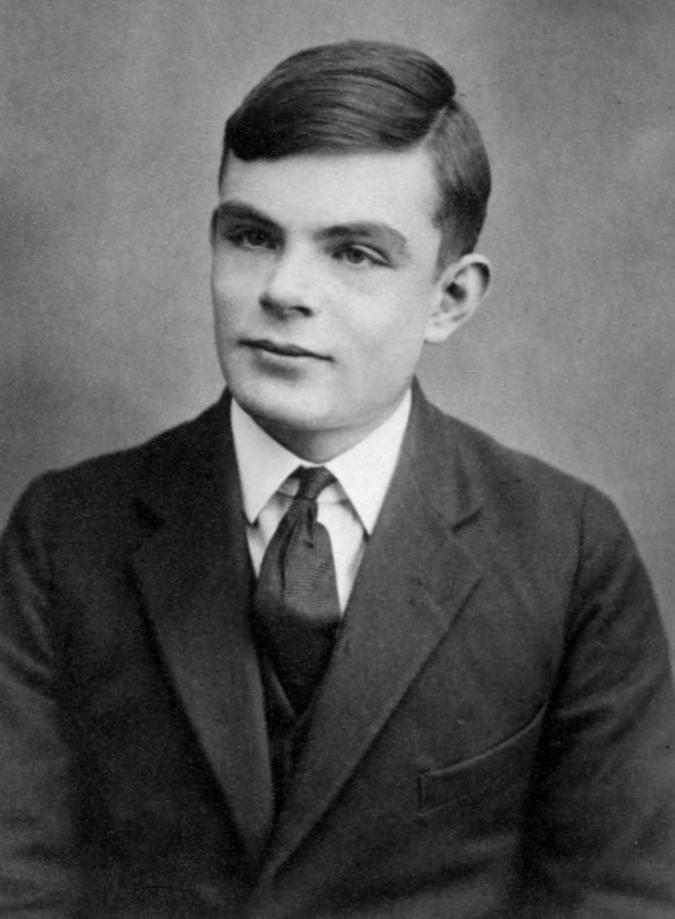
(Source: TuringArchive.org, via Wikimedia Commons.)
At university, he described something he called a “Universal Machine”. This machine, now usually known as a Turing Machine, could solve any problem that could be computed. Turing Machines are still studied in computer classes today.
During World War II, England was fighting Nazi Germany. Mr. Turing was brought to a top secret research area known as Bletchley Park to work on breaking German codes.
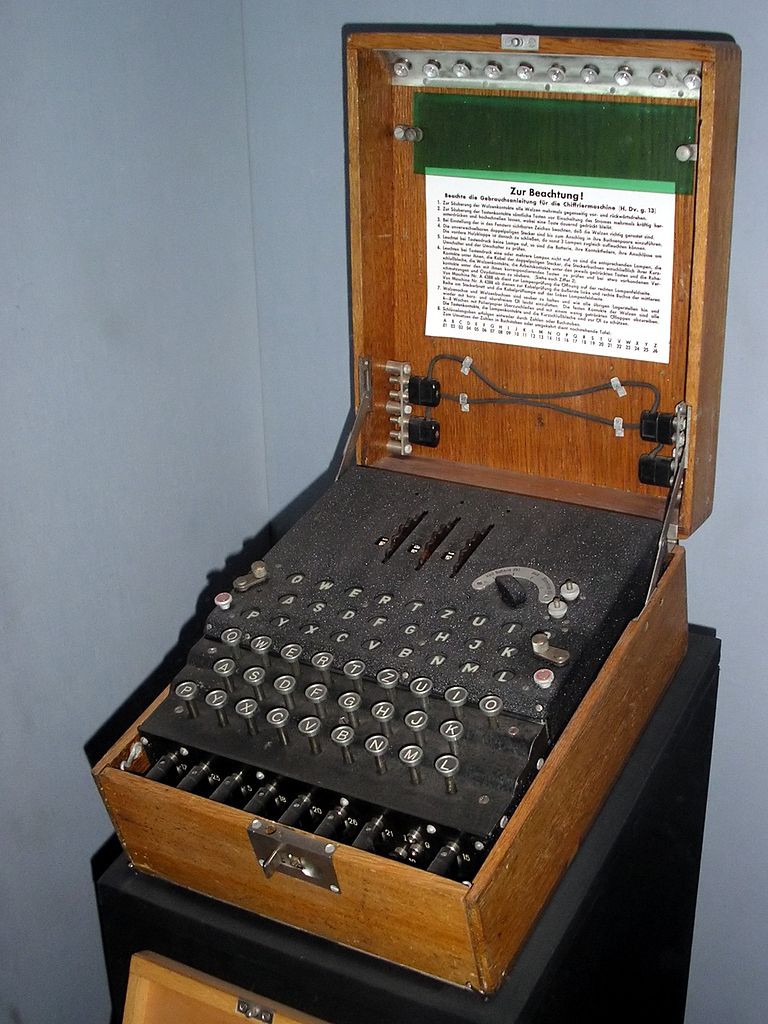
(Source: Karsten Sperling, [Public domain], via Wikimedia Commons.)
The Germans had a machine called Enigma, which put messages into a code which seemed impossible to break. Mr. Turing thought he could build a very complicated machine called a Bombe to help solve the German codes.
The Bombe wasn’t a quite a computer, but thanks to the work of Mr. Turing and many other people, it helped break the German Enigma codes. The ability to read these top secret messages helped defeat Germany in World War II.
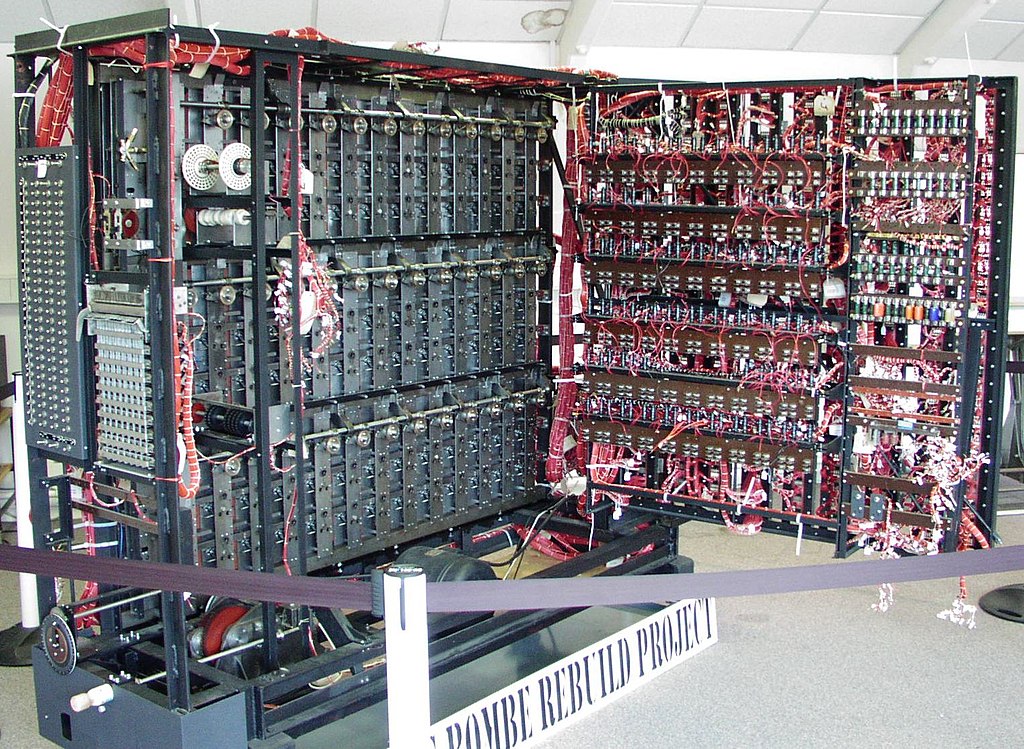
(Source: Tom Yates, [CC BY-SA 3.0], WikimediaCommons.org.)
After the war, Mr. Turing wasn’t allowed to talk about any work that he had done at Bletchley Park. Mr. Turing designed a computer called the Automatic Computing Engine (ACE). But he had a hard time getting the computer built the way he wanted because he couldn’t talk about work he’d already done. The computer wasn’t built until after he died.
Mr. Turing was interested in whether computers could be taught to think. Today we call this “Artificial Intelligence”. Mr. Turing suggested a test, now known as the Turing Test, which was meant to show whether a computer could really “think”.
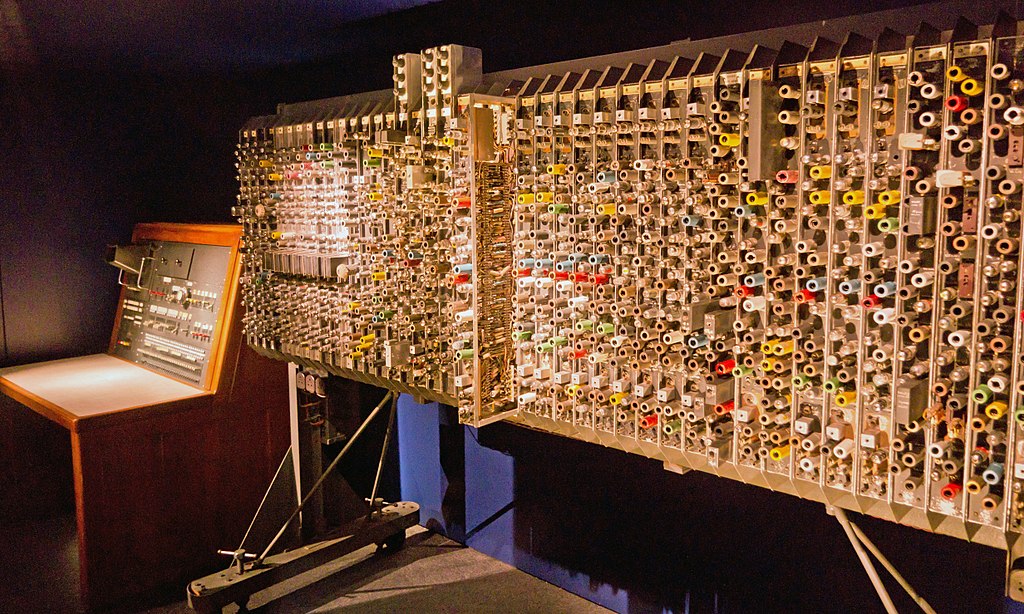
(Source: Antoine Taveneaux [CC BY-SA 3.0], via Wikimedia Commons.)
Mr. Turing was gay, meaning that instead of liking women, he liked other men. At the time, this was against the law in England. In 1952, Mr. Turing was arrested for having a relationship with another man.
For this “crime”, Mr. Turing was given a harsh punishment. His arrest also made it almost impossible for him to find a serious high-level job. In 1954, Mr. Turing died. Many people believe he took his own life.
Long after Mr. Turing died, the United Kingdom (UK) began to work to correct the way it dealt with Mr. Turing during his lifetime. In 2009, the British prime minister made an apology. The Queen of England gave Mr. Turing a royal pardon in 2013.
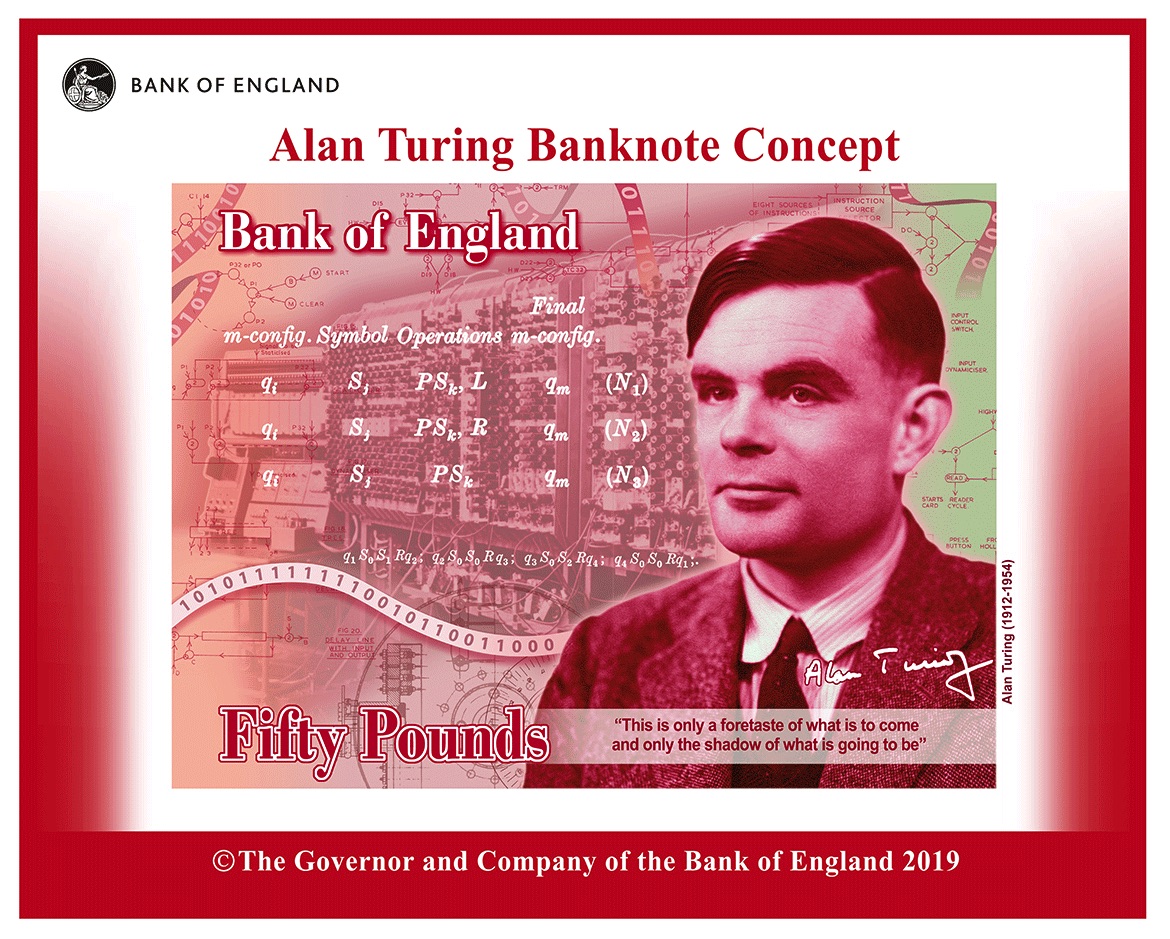
(Source: Bank of England.)
The new bill is another example of the UK honoring Mr. Turing after his death. Mr. Turing was chosen out of the almost 1,000 scientists who were suggested.
The new bill will have a picture of Mr. Turing from 1951. In the background, it will have a picture of the ACE, a drawing from the building of the Bombe, as well as some of Mr. Turing’s other math ideas.
The new note will come out in late 2021.
😕
This map has not been loaded because of your cookie choices. To view the content, you can accept 'Non-necessary' cookies.
